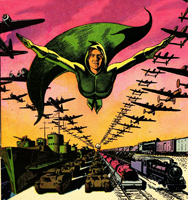The Great Eternal Dragon  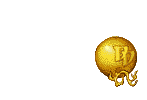 Joined: 2004/2/9 From: Edmonton,Alberta,Canada Posts: 11314 |
 Re: Ned Kelly Edward "Ned" Kelly (December 1854[1] 11 November 1880) was an Australian bushranger of Irish descent.
Kelly was born in the town of Beveridge in the British colony of Victoria to an Irish convict from County Tipperary and an Australian mother with Irish parentage. When Kelly was 12, his father died after a six-month stint in prison for unlawful possession of a bullock hide. After being indicted for the attempted murder of a police officer at his family's home in 1878, policemen and Aboriginal trackers scoured the bush for Kelly and those accused with him. After he, his brother, and two associates fatally shot three policemen, the Government of Victoria proclaimed them as outlaws.
During the remainder of "The Kelly Outbreak", Kelly and his associates committed numerous armed robberies and fatally shot Aaron Sherritt, a known police informant. In a letter dictated and mailed from Jerilderie, New South Wales following a bank robbery, Kelly set down his own account of the events leading up to his outlawry. He denounced the British Empire and accused Irish-Australian Catholics who wore Army or Police uniforms of treason against their people and religion. Threatening dire consequences against those who defied him, Kelly ended with the words, "I am a widow's son outlawed and my orders must be obeyed."
When Kelly's attempt to derail and ambush a police train failed, he and his gang engaged in a final violent confrontation with the Victoria Police at Glenrowan on 28 June 1880. Kelly, dressed in homemade plate metal armour and a helmet, was wounded in the legs by police fire, arrested, and subsequently prosecuted for the fatal shooting of the three policemen. He was convicted of three counts of willful murder and sentenced to death by hanging. His sentence was carried out at Old Melbourne Gaol in November 1880.
Even before his execution, Kelly had become a legendary figure in Australia. Despite the passage of more than a century, he remains a cultural icon, inspiring countless works in the arts, and is the subject of more biographies than any other Australian. Kelly continues to cause division in his homeland: some celebrate him as Australia's equivalent of Robin Hood, while others regard him as a murderous villain undeserving of his folk hero status.[2] Historian Geoffrey Serle called Kelly and his gang "the last expression of the lawless frontier in what was becoming a highly organised and educated society, the last protest of the mighty bush now tethered with iron rails to Melbourne and the world."[3]
|
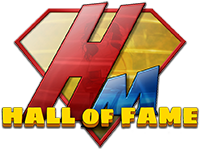

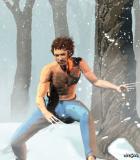


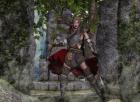

 ! 3D Art !
! 3D Art ! Other Comics
Other Comics




